It has been quite some time since our last update on the B-17 Alliance Foundation’s remarkable effort to restore Boeing B-17G Flying Fortress 44-85790 Lacey Lady in Salem, Oregon, but thanks to Scott Thompson of Aero Vintage, we have permission to relay his latest article on the project, reproduced (with gentle editing) below.
Better known as the ‘gas station bomber’ this B-17 has been under slow but steady restoration for much of the past decade. Many will still remember when it was mounted above a gas station on U.S. Highway 99 (back when it was a U.S. highway) in Milwaukie, Oregon – a small community just south of Portland.
In 2014, the B-17 came down from it long-time perch atop pylons overlooking the by-then closed gas station, with the plan being to restore the old bomber back to flying condition. By 2015, hangar space was secured at McNary Field/Salem Municipal Airport and the project moved indoors. Eight years later, and the project continues to grow and gain momentum. A charitable tax-exempt, non-profit 501(c)(3) foundation, the B-17 Alliance Foundation, was created to marshal the resources needed to return the airplane back to the skies.
The back story of this airplane is, of course, widely known; it is covered extensively in Final Cut (Fifth Edition) and of course on the B-17 Alliance website, so there is no need to repeat it here. Although the B-17 was brand new when it went up on the pylons in 1947, with only a few ferry flights on its log books, the subsequent sixty-seven years of exposure to the elements and vandals were unkind to 44-85790. Extensive airframe corrosion was present throughout the airframe, all of which has been, is being, or will be addressed in the restoration process. Many new parts are, by necessity, being hand-crafted using the original parts and Boeing’s manufacturing drawings as a guide. Parts which were stripped out, either by permission or by vandals, are being located, cataloged, and prepared for reinstallation.
So, what is the current state of the restoration? The process started years ago with the nose compartment, rebuilt and shiny and as good as new. Moving aft, the cockpit between stations 3 and 4 is currently being rebuilt, with the floor support structure which undergirds the cockpit and top turret rebuilt and in place. Some of the longerons and latitudinal stiffeners are in place on the right side, but the left side is wide open for access.
The wing carry-through structure and bomb bay assembly between Station’s 4 and 5 is intact, but work has yet to start on this area. This section will go into a custom-made add-on to the existing fuselage jig before it is disassembled and rebuilt, with the intent being to keep everything straight and true. The wing attachment structure has to be rebuilt precisely if the wings, also rebuilt to an exacting standard, are to fit properly.
Speaking of the wings, the left wing has been disassembled and the spar assemblies are being closely inspected. The inbound ends of the spar trusses where they join the wing attach terminal fittings are the subject of the new FAA Airworthiness Directive, so particular attention will be paid to these parts. Engine nacelles are being rebuilt one at a time. The four engines themselves appear to be candidates for an overhaul to airworthy condition, but that won’t be definitively established until disassembly at an engine shop at some future point. The B-17 Alliance obtained new propeller blades for use with overhauled prop hubs when the time comes. Many of the aircraft’s original propeller blades had small holes drilled in them to hold banners when the airplane was over the gas station – no one had any idea back then that the airplane might once again fly.
Presently, the right-wing is in storage awaiting completion of the left wing – which is still a long way off. The left-wing spar assemblies will need to be set in the jig and slowly rebuilt with ribs and supporting structure long before re-skinning can take place; they are complex assemblies. The restoration of each wing will be a multi-year project in itself, and the aft fuselage has not yet been touched, aside from some test polishing on its exterior skin. Many of the lower skins, circumferential stiffeners, longerons, and latitudinal stiffeners on the aft fuselage need replacing due to corrosion. Also awaiting attention are the horizontal and vertical stabilizers and the control surfaces.
While the scope of what is needed to put Lacey Lady back in the air may seem a daunting task, you must not consider the project as a whole, as one volunteer worker recently said. That would be overwhelming. To get such a project done, you have to look at each small part individually and move forward with that mindset. Small parts become assemblies, assemblies become structures, and structures become airplanes!
And Lacey Lady is not the only current B-17 restoration project powered by volunteer labor and donations. Anyone with just a passing knowledge of aircraft restoration understands the high-dollar cost of parts acquisition and fabrication. The B-17 Alliance has more than a hundred volunteers helping out, but it is the financial component, as is usually the case, which sets the work pace. The estimate for the total restoration cost approaches US$9 million, so the process of securing donations, grants, and any other available funding to complete the project is a full-time job for the B-17 Alliance. Perhaps a friendly multi-billionaire might hear of this effort and complete the funding with their pocket change, but aside from that unlikely prospect, any and all donations made to the B-17 Alliance are very much welcome. Here is a link to its donation page…hint hint. Besides financial and in-kind donations, the B-17 Alliance is always on the lookout for B-17 parts – big or small – which they can use in this restoration or as trade. Right now, the group is particularly interested in locating the correct flight and engine instruments for the cockpit instrument panel. So if any readers have such items or know someone who does, please contact the B-17 Alliance through their website.
The question most frequently asked, of course, is “When will this B-17 fly again?” It is a great question, but the answer comes down to simple economics – it depends upon funding. The B-17 Alliance has a plan which will see the Fortress back in the air by 2035, but that remains a loose and moving target. As is evident – there remains much work to be done!
(Specific thanks to Bill Deveraux, volunteer, and Terry Scott, Executive Director of the B-17 Alliance, for their time and information in putting this update together.)







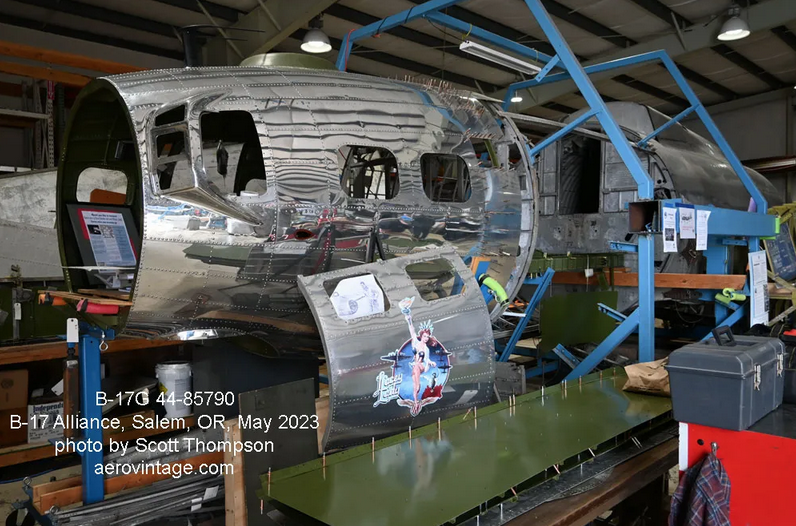

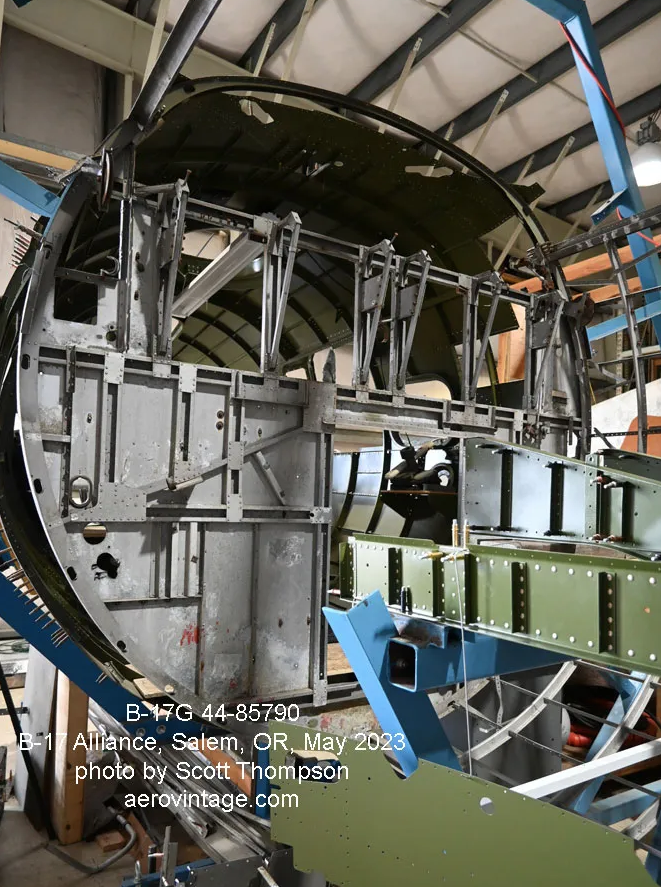
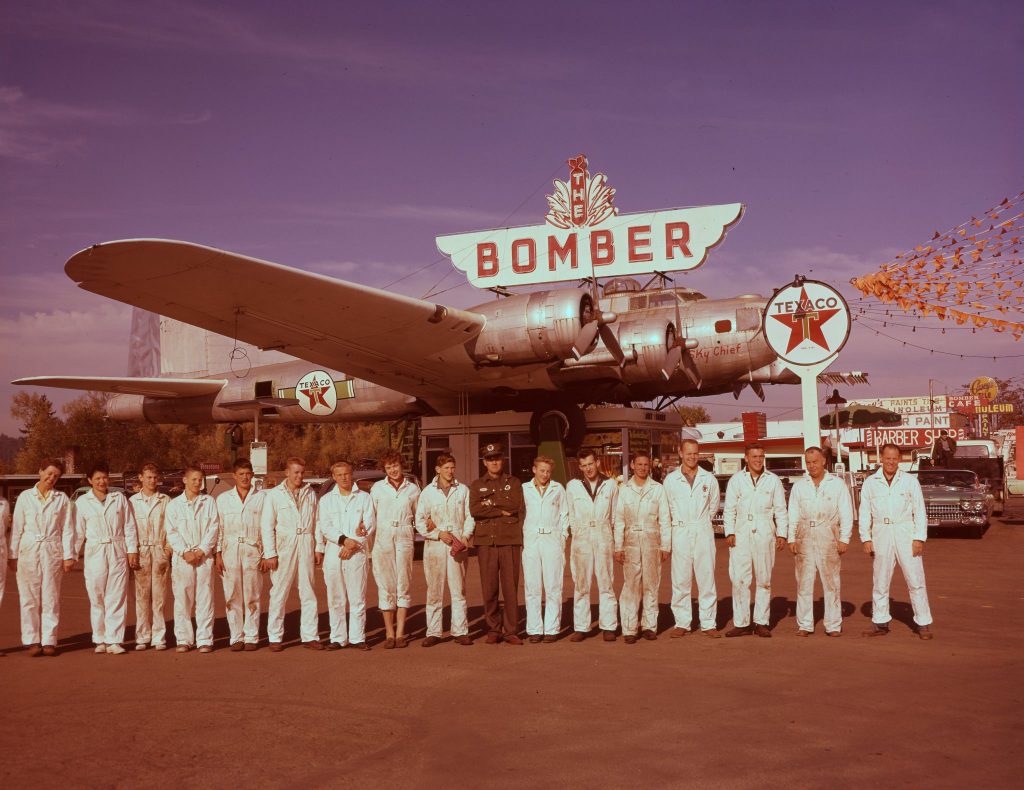
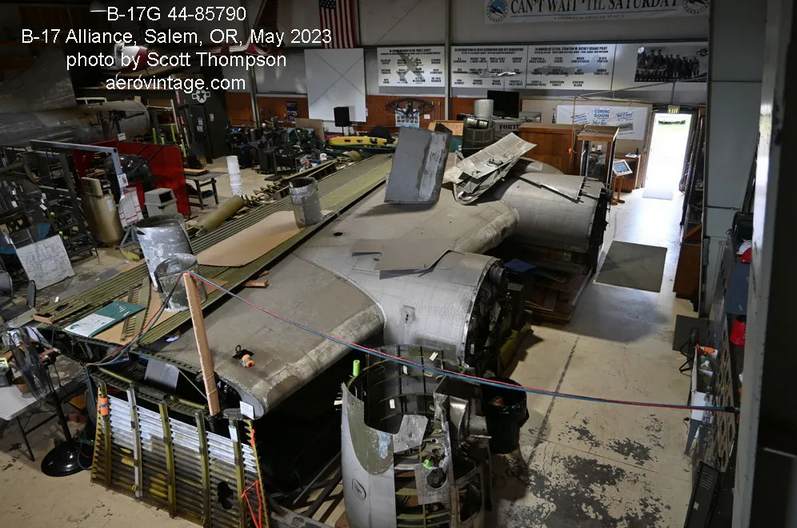
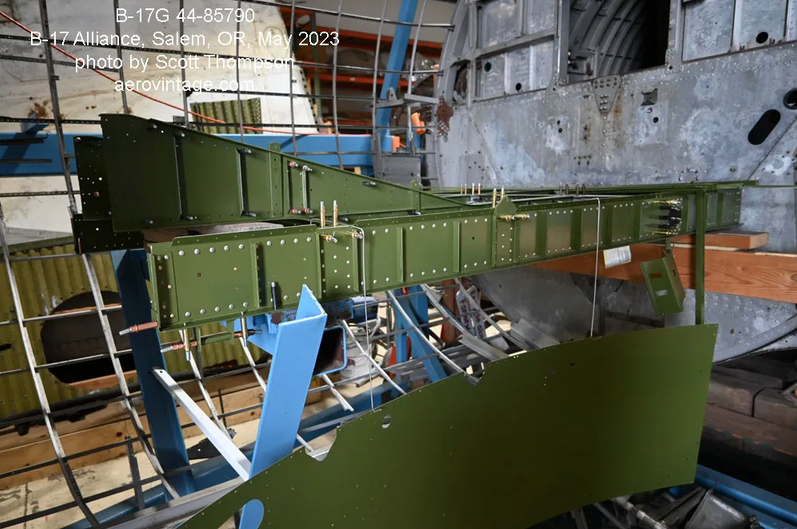
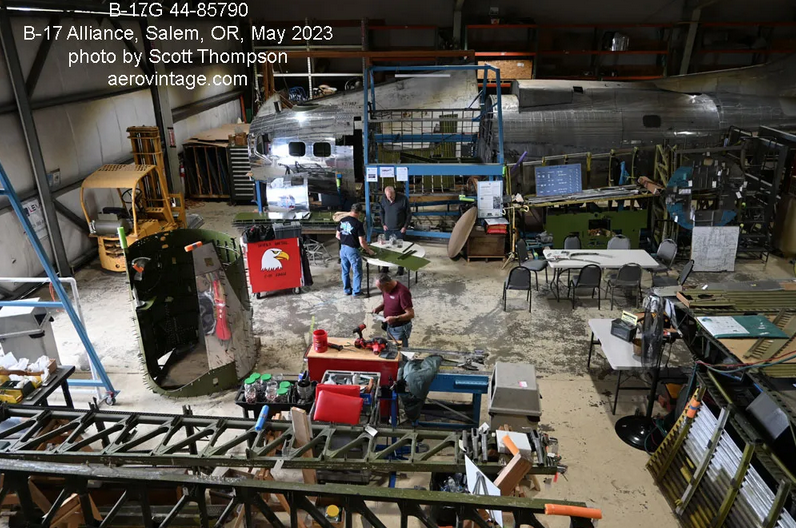
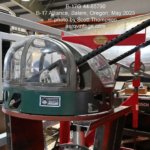
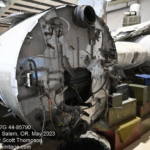
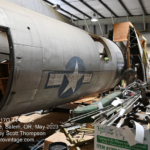
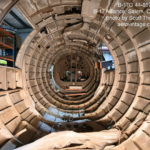
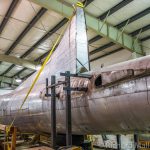
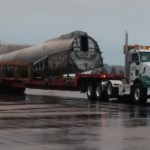


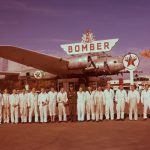
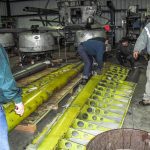

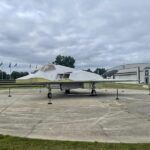

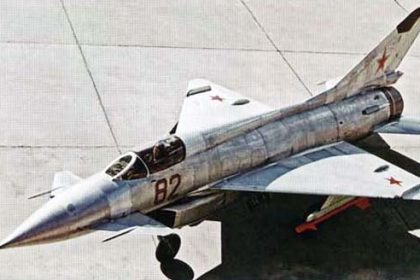
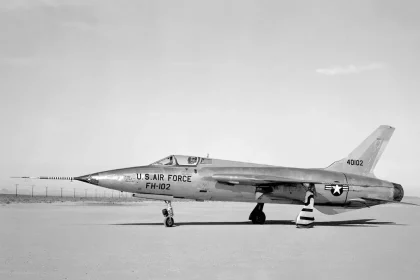
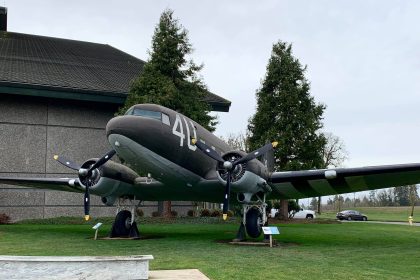
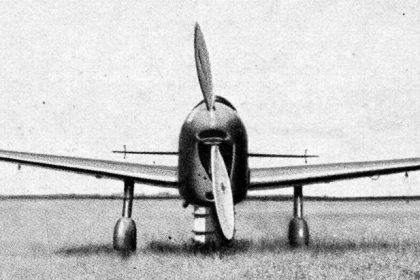
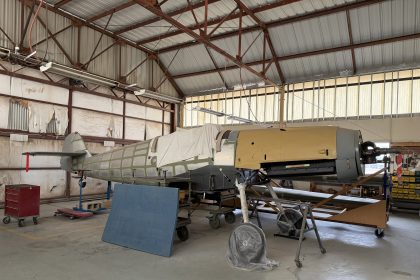

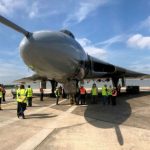
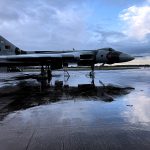

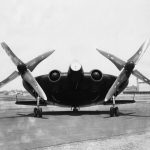
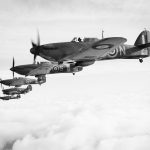


Way to go guys. This is so cool. I first heard about this plane in 1971. I always wondered if and when she would find a proper home. Shame about the propeller blades. Thank heavens there wasn’t a fatal fire beneath the plane at the gas station. I worried about that. Best of luck to you and all the good people in on this restoration. Always,—- Ed.